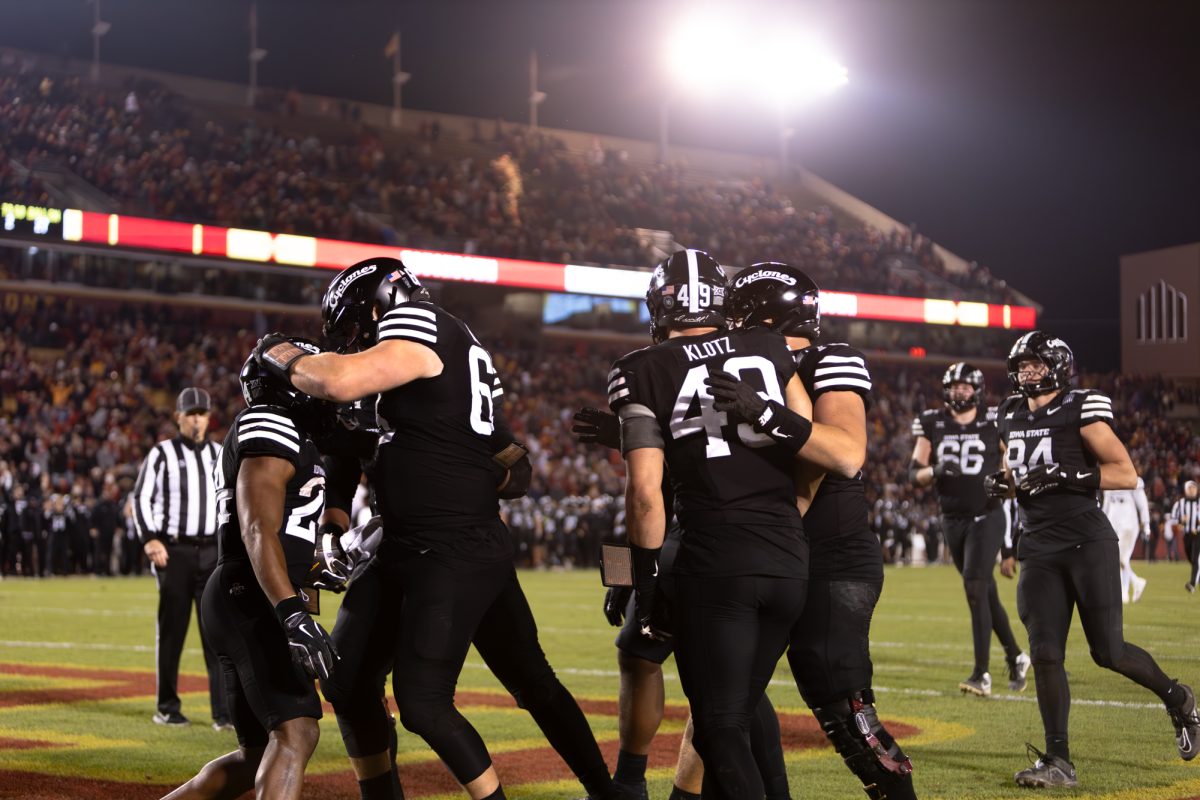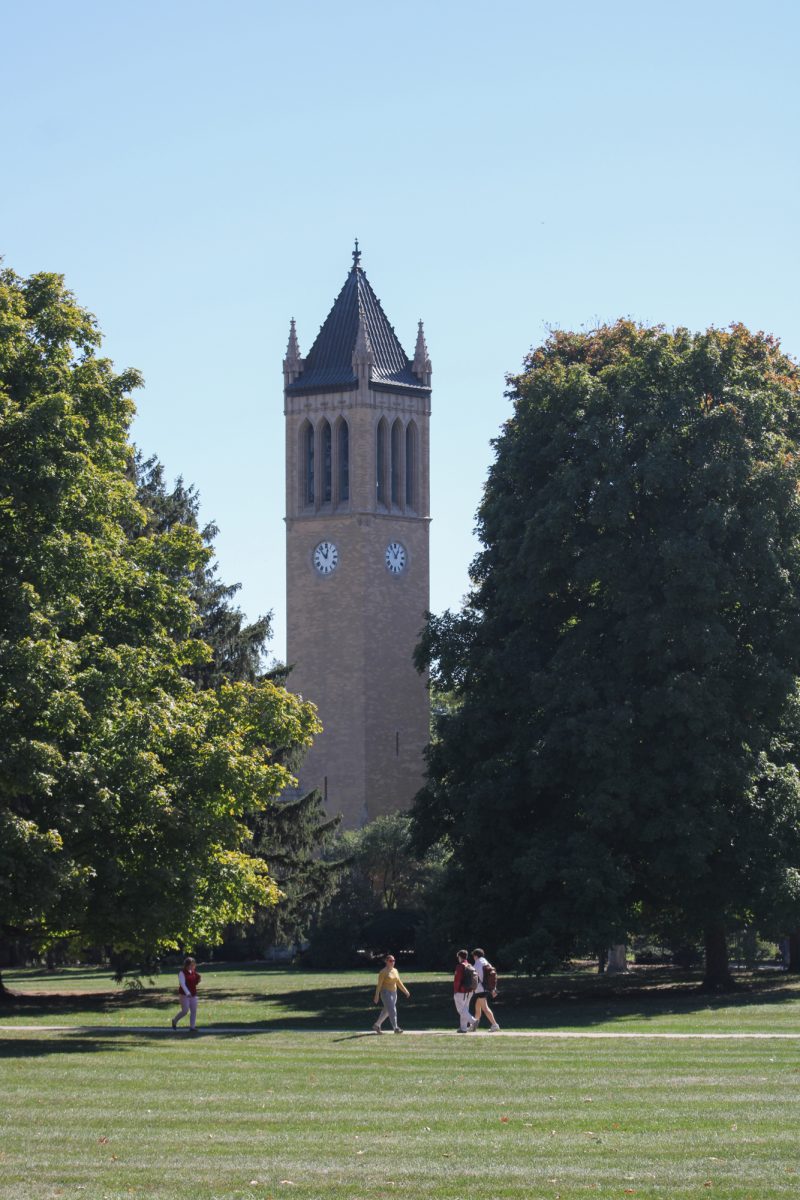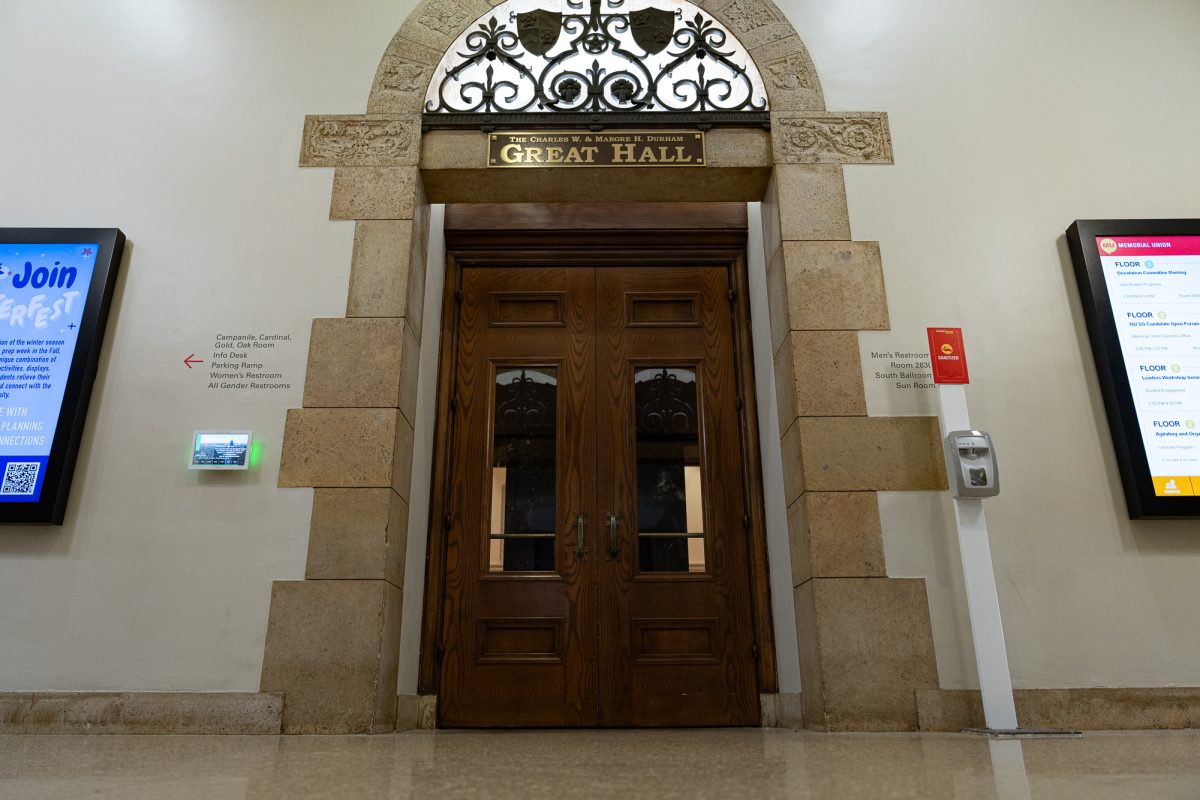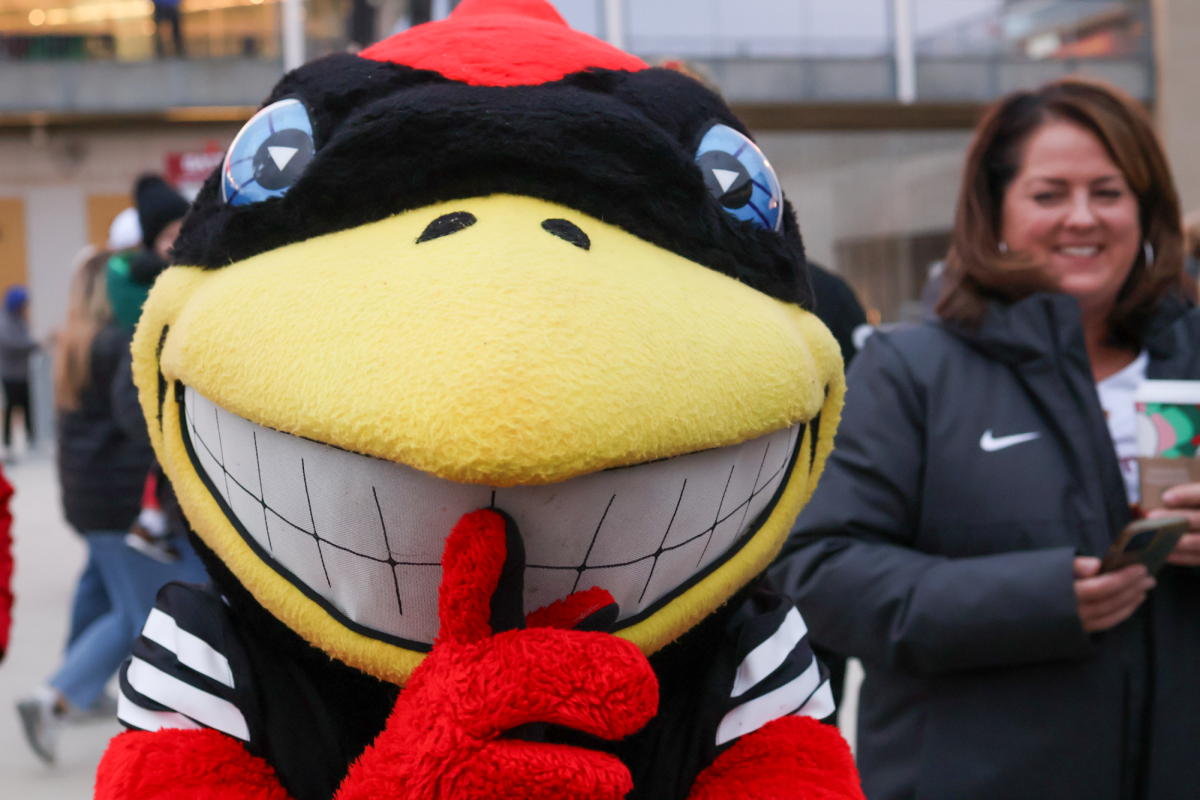DPS benefits from police help
June 18, 1997
Some people may complain about being watched by two sets of eyes, the Department of Public Safety and the Ames Police Department.
Some may even say DPS is not doing its job when patrolling outside of Iowa State.
According to state law as well as the heads of both DPS and the Ames police, DPS is merely minding their business — the business of public safety and law enforcement.
“DPS is to serve in the interests of Iowa State,” said DPS director Loras Jaeger. “We patrol the campus property and official Iowa State property.”
Jaeger also said DPS has the primary jurisdiction for Iowa State, but they only patrol the city if asked to by the police department.
The department has an agreement with DPS under an area of state law called “joint exercise of governmental powers.” According to Iowa state code, any Iowa public agency can join forces with another public or private agency.
The code also states that DPS officers are regular peace officers and have the powers and responsibilities of regular police officers when acting in the interests of Iowa State. These rules allow DPS to help out the police department in answering calls in Ames, and vice versa.
“DPS assists us, and can be involved anywhere [in the city],” Ames Police Chief Dennis Ballantine said.
In a case where responsibilities may overlap, Jaeger said the boundary lines are clear. “For instance, the greek system is in the city . . . and is therefore the jurisdiction of the Ames Police Department,” he said.
While Ballantine said there has not been any jurisdictional problems between the department and DPS, there are on-campus situations where the department would take control.
“If a campus incident involves a weapon, we would assume control since we are armed,” Ballantine said.
Ballantine also said he is comfortable with the arrangement. “There really is no controversy,” Ballantine said.
“Neither of our agencies are staffed to where we can handle everything ourselves. We really need the cooperation.”






